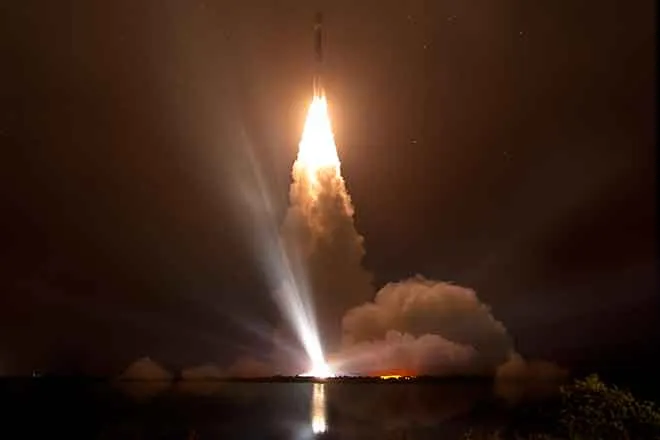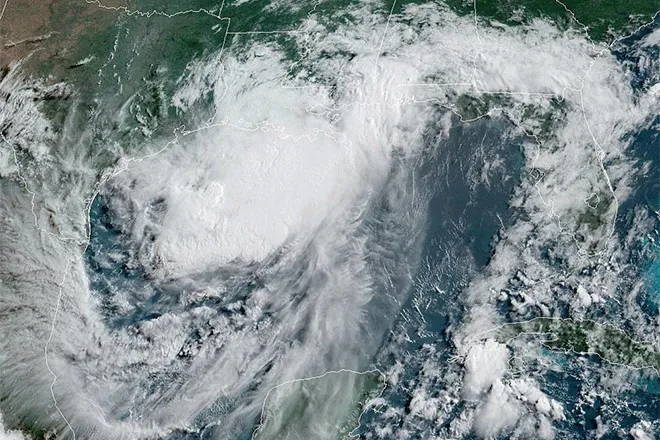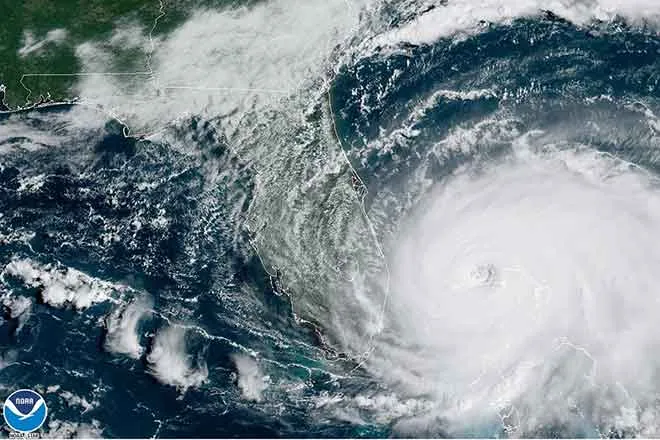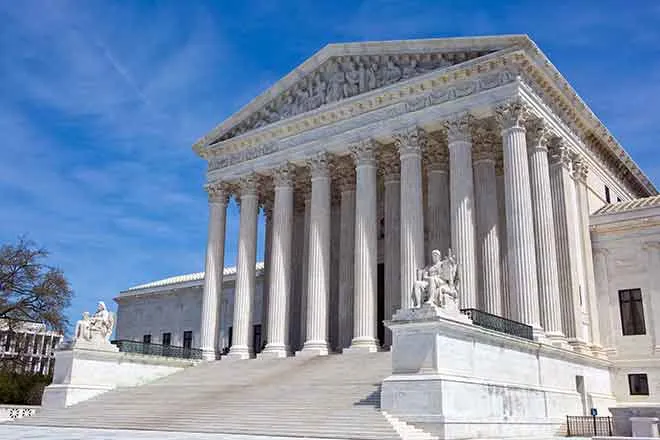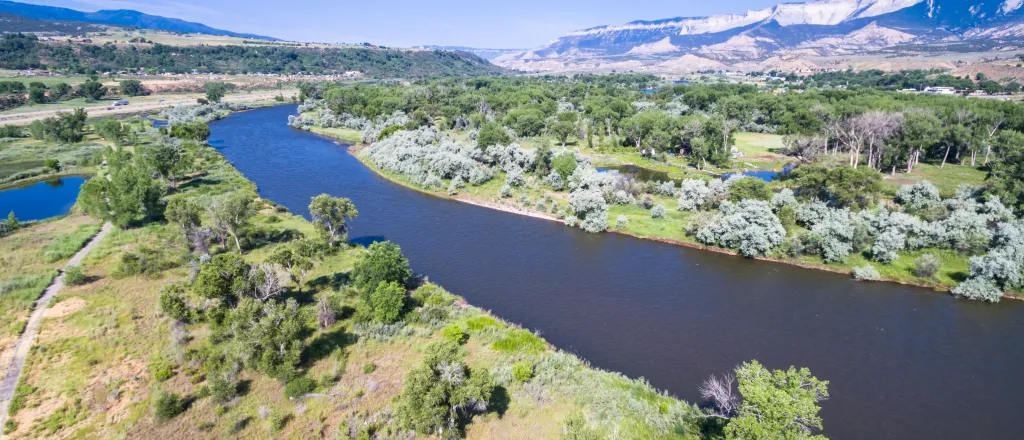
U.S. Senate panel grapples with how to ensure access to water amid Western drought
(Colorado Newsline) Decades of drought in the West has made water quality and quantity a major issue requiring government funding and innovation to fix, members of a U.S. Senate panel said Wednesday.
Demand for water in growing municipalities is stretching agricultural and Tribal communities, while shrinking availability is leading to higher water prices, witnesses told the Senate Energy and Natural Resources Committee’s Water and Power Subcommittee.
More than 2 million Americans lack access to safe and reliable drinking water, subcommittee Chair Ron Wyden, an Oregon Democrat, said.
“America can do better and America must do better,” he said. “The problem is worsened by the devastating drought that has hit so much of our country.”
Kyle Jones, the policy and legal director at the advocacy group Community Water Center, told the panel about a woman whose California well ran dry as her husband recovered from open-heart surgery. A new well would have required a $30,000 loan, he said.
“We need more resources to make drought resiliency a reality,” Jones said. “Aridification is happening and we need support to prepare communities so they do not lose access to their human right to water.”
Members at Wednesday’s hearing seemed to go out of their way to avoid polarizing topics. Wyden said he believed climate change was a factor in extreme drought conditions, but said that others may “debate it.” But the drought, he said, was undeniable, and he called on Congress to act.
Federal and state officials have been working to improve the situation, members noted.
Democrats’ climate, taxes and social policy law enacted last year and the 2021 bipartisan infrastructure law provided $13 billion to address Western water infrastructure, Michael Brain, a water and science official at the Interior Department, said.
Aquifer recharge
In Idaho, the state has spent $500 million on a program to “recharge” the Eastern Snake Plain Aquifer to recycle floodwaters back into the aquifer, Idaho Water Resource Board member Albert Barker told the panel.
“When you have that water in the aquifer, it’s available for all these other resources including agriculture, including 18 municipalities, and … over 300,000 people who obtain their drinking water from this source,” he said. “It also provides water for hydropower and recreation and environmental purposes.”
But the program requires assistance from other water users in the area, including the Interior Department’s Bureau of Land Management, which has interpreted federal law to say that the bureau cannot share water with the state, Barker and the panel’s ranking Republican, Jim Risch of Idaho, said.
Risch asked Brain to have the Interior Department change its policy, saying it would be more efficient than having Congress “pass another statute to say we really really mean it.”
Tribal access
Tribes have also had trouble accessing federal funds meant to help deal with drought, Chairman Jonathan Smith of the Confederated Tribes of Warm Springs in Oregon confirmed after being asked by Nevada Democrat Catherine Cortez Masto.
“One of the things that I hear from my tribal communities is that one, the federal dollars are there, but you don’t have necessarily the cost-share amount that you need to go after some of these funds at a federal level,” Cortez Masto said.
She asked if eliminating the cost-share requirement would be helpful.
“Most definitely,” Smith answered. “Yes, it would.”
Eliminating a 50% cost-share that requires tribes to contribute half of the money for a water project to access federal money would be helpful, he said.
The next round of WaterSMART grants from the Interior Department’s Bureau of Reclamation would be allowed to reduce or eliminate the cost-share for tribes, Brain said.
At the close of the hearing, Wyden called for bipartisanship to address a major issue.
“The stakes are obviously as high as you can get,” Wyden said. “Without water, you don’t have life.”
Because of those stakes, he said, Congress should avoid its typical partisan or jurisdictional fights to work toward addressing the problem.
Other Senate panels, the Environment and Public Works Committee and Indian Affairs Committee, would hold other hearings on water availability, he said.
Neither party was to blame, he said, but both could be part of a solution.
“Nobody’s going to sit around on my watch and say, ‘The Republicans are at fault,’ ‘Oh, the Democrats are at fault’ and everybody sit around, throw rotten fruit at each other,” he said. “We got big, big, important work to do.”
Colorado Newsline is part of States Newsroom, a network of news bureaus supported by grants and a coalition of donors as a 501c(3) public charity. Colorado Newsline maintains editorial independence. Contact Editor Quentin Young for questions: info@coloradonewsline.com. Follow Colorado Newsline on Facebook and Twitter.



